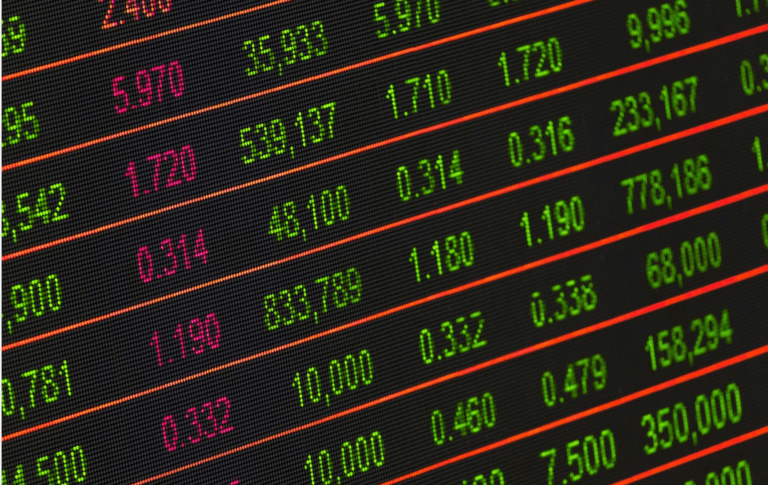In a recently published press release, Hong Kong-based cryptocurrency exchange OKEx announced it will be removing 42 cryptocurrencies and 58 trading pairs from its platform.
OKEx explained that this is nothing personal, and that the delistings are due to “weak liquidity and trading volume.” OKEx reportedly processes $395 million of daily volume, currently making it the leading exchange by trading activity. Andy Cheung, OKEx’s Head of Operations, explained the move is simply “housekeeping:”
As leaders, we are responsible for promoting a robust ecosystem. Listing projects loosely or having 795 trading pairs is simply putting trader interests at risks. Housekeeping is necessary. We need to take action on those underperforming tokens now. https://t.co/5TRivz0ycd
— Andy Cheung OKEx (not giving away OKB) (@AndyC0125) October 27, 2018
The entire list of cryptocurrencies can be found in the announcement, but the largest cryptocurrencies to be removed (with their current market caps) are: BRD ($33M), MTL ($22M), ICN ($35M), and SUB ($42M).
The tokens will be delisted at 06:00 CET (Central European Time) on Wednesday, Oct 31, 2018. Traders are advised to cancel orders before delisting. If they don’t, OKEx will cancel the orders for them and credit the asset to their accounts.
OKEx pointed out that the tokens themselves aren’t being delisted but “only the TRADING PAIRS with weak liquidity and trading volume,” a move various other cryptocurrency exchanges have made in the past.
These include. OKEx, Binance, and Bittrex, as they have all previously removed low activity trading pairs (like BTG, BCN, etc.) from their exchange. Additionally, Kraken recently announced removal of Iconomi (ICN) after changes in their legal structure. These motions make it seem that as the bear market marches on, we’ll see more delistings in the future.
Despite this, OKEx has announced plans to partake in the stablecoin boom, listing the Paxos Standard Token (PAX), Circle’s USDCoin (USDC), True USD (TUSD) and the Gemini Dollar (GUSD). This represents an attempt to give traders more freedom by diversifying out of Tether (USDT), which has lately been under scrutiny over its transparency.









